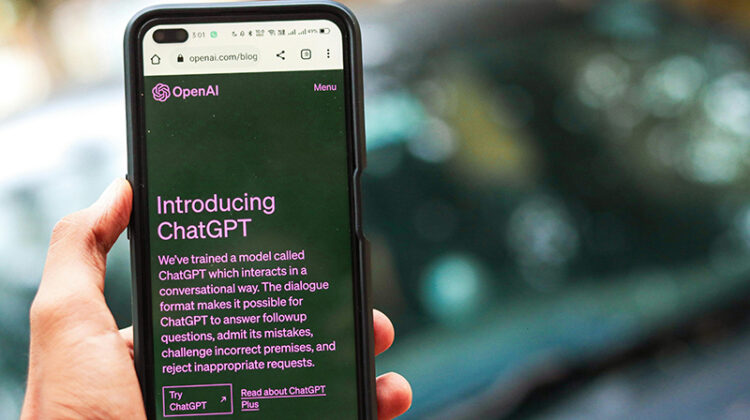By now, we’ve all heard about or experimented with generative artificial intelligence (AI) – deep-learning models that can create high quality text, images and other content based on prompts in a matter of seconds.
Its explosive growth marks a key milestone in AI’s evolution and is a result of factors like advancements in deep learning technologies (e.g., GPT and DALL-E), availability of large datasets and increased computational power.
As an example, ChatGPT’s user base has grown faster than other technology breakthroughs. Its meteoric adoption rate has set historical precedent, taking only two months to reach 100 million users. As a comparison, it took about 38 years, eight years and five years for the television, internet and Facebook, respectively, to reach the same number of users.
Across a wide range of industries, including academia, the surge in interest and investment in generative AI has not only sped up the pace of innovation, but also led to important discussions about its use and capabilities, ethical considerations, potential regulations and the need for policies.
AI use in academia
In a January 2024 podcast titled “The Five Most Promising Uses for AI within Academia,” EAB’s Michael Fischer and Afia Tasneem talked about ways educational institutions are moving from resisting using AI to embracing it more openly.
They also highlight some of the most promising opportunities for leveraging AI to:
- Prepare students for the future of work.
- Improve student support.
- Enhance productivity.
- Maximize enrollment and fundraising.
- Boost research to foster new discoveries and expand knowledge.
AI at Missouri State
On March 1, the topic of AI took center stage at a leadership mini retreat on campus. Those in attendance discussed how they currently use AI in their respective units/divisions; how they’ve seen other organizations (within higher ed and other sectors) use it effectively; and their plans to incorporate AI and/or expand its use in their areas.
It was a productive meeting, and the conversations will help us to develop best practices and policies for using AI effectively and responsibly at the university.
I’ll leave you with this quote from tech futurist Chris Duffey, who spearheads Adobe’s Creative Cloud strategic development partnerships: “The purpose of artificial intelligence is to re-engineer the human mind.”
Thanks for all you do for Missouri State.
Clif

